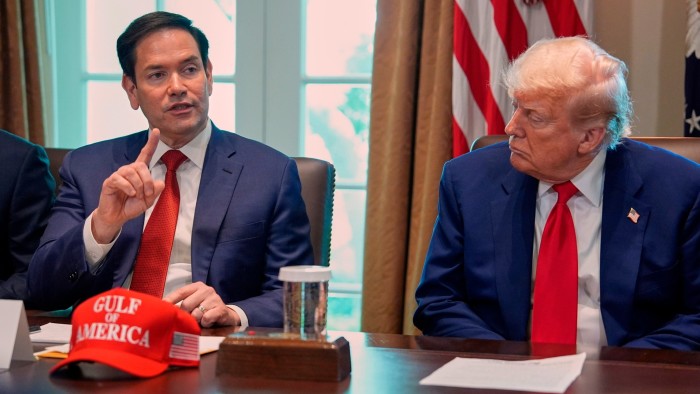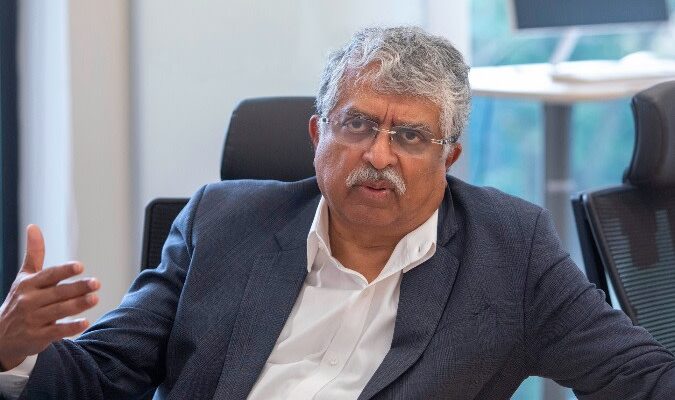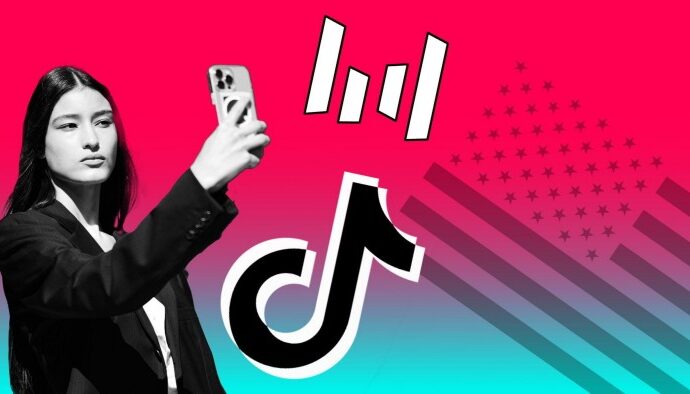
In the coming days Donald Trump’s administration will publish his national security strategy followed by the Pentagon’s defence strategy and global posture review. These will signal his four-year priorities.
A series of leaks make it clear that the western hemisphere will play an outsized role at the expense of the more recent focus on great power competition with China and Russia (including by Trump in his first term). What is going on?
I mean no disrespect to Latin America by pointing out that no analysis of the global distribution of economic and military power would give the region a starring role. Latin America accounts for 7.3 per cent of the global economy and 8 per cent of the world’s population. The US is the only country in the western hemisphere with nuclear weapons. Not even Brazil, which gave up its nuclear ambitions years ago, or Mexico, which is umbilically tied to the American economy, can plausibly claim to be a force on the global stage. Canada belongs to the G7 but poses zero threat to the US. Even Trump surely knows that, although he has been having fun coveting America’s northern neighbour as its 51st state. Trolling is one of Trump’s great pastimes. But should it be creeping into US national security strategy?
The only explanation for Trump’s hemispheric obsession is to bolster his domestic agenda. Central to Trump’s priorities at home are the war on illegal immigration and his deployment of the US military to America’s cities. Countries such as Venezuela and increasingly Colombia are key to the narrative of Trump’s “enemy from within”.
As I recently wrote, Venezuela is Trump’s useful enemy. His Pentagon has built up a small armada in Venezuela’s Caribbean neighbourhood, which is way larger than would be required for anti-drug smuggling operations. Though the phalanx of destroyers, amphibious assault ships and nuclear submarines is not large enough to invade Venezuela, still less to occupy it, Trump has primed the CIA to carry out operations against its regime. Its strongman, Nicolás Maduro, has in turn prepared Venezuela’s army and citizen militias for a possible US invasion. I called this “Trump’s Schrodinger’s war; it is neither happening nor not happening. But conflict is a hair’s breadth away.” What could possibly go wrong?
There is also Colombia, whose leftist president, Gustavo Petro, clearly sees profit in taunting Trump. Petro has likened Trump to Hitler and said that he needs to leave office. Trump has responded by calling Petro an illegal drugs dealer and “a lunatic who has many mental health problems”. Expect Trump to cut off US aid and slap punitive tariffs on Colombia.
Petro is apparently auditioning to be the regional macho guy who takes on the Yankee imperialist. It remains to be seen whether Colombians will thank their president for his bravado. Matters are not significantly more cordial between Brazil’s leader, Luiz Inácio Lula da Silva, and Trump, who imposed 50 per cent tariffs on Brazil for jailing Jair Bolsonaro, his strongman pal, for trying to overturn an election (sound familiar?).
Finally, as I wrote in Swamp Notes recently, Trump is doing his best to bail out another pal, Javier Milei, from Argentina’s chainsaw massacre in the currency markets. Should Milei’s libertarian party fare badly in Sunday’s midterm elections, Trump may come to regret the no-questions-asked $20bn lifeline he has given the Argentine president.
To be fair, there is also a scintilla of a foreign policy rationale behind some of Trump’s hemispheric actions. His sole quid pro quo for extending the bailout to Milei is that Argentina cut ties with China, which has plenty of resource-extraction projects in Patagonia, and its own Argentine swap line. Milei will find this impossible to do.
Fear of an encroaching China was also the rationale behind Trump’s early designs on Panama, which has since restructured control of its canal to exclude a Chinese-based operator. But his chief ambition for the region is as a supporting role to his domestic narrative. Venezuela’s Maduro should beware. Trump is only stepping up his accusations of his regime’s allegedly (and I believe very misleadingly) central role in America’s drugs and immigrant problem.
I’m turning this week to the FT’s excellent Latin America editor, Michael Stott. Michael, you’re covering all this as closely as anyone. My question to you is how big a role is Marco Rubio, Trump’s secretary of state and national security adviser, playing in the Venezuela policy? Is it fair to deduce that Rubio is advocating actual regime change?
Recommended reading
My column this week assesses Putin’s mesmeric sway over Trump. “Whatever lies behind Trump’s cupidity towards Putin, we should be long past caring why,” I write. “The reality is settled fact. Putin has fewer cards in his hand than Trump supposes. One of those cards is Trump.”
I’ve also written this Weekend FT’s cover story on the approaching first year of Trump’s presidential victory. In researching this essay — “The Trump Supremacy” — I spoke to dozens of retired generals, business leaders, foreign diplomats, Washington lawyers and people on Capitol Hill. The recurring theme was that almost everybody, including Republicans, were truly exercised about Trump’s power grabs and his stifling of dissent, but few were willing to speak on the record.
Do read my colleague Katie Martin on why “Bubble talk is breaking out everywhere”. Regulators worldwide, from the IMF to the Bank of England, are warning of sharp forthcoming corrections. But the huge merry-go-round of AI funding, in which Sam Altman’s OpenAI seems to play the role of hub, just keeps spinning. Katie climbs into the mind of the eternal market optimist and concludes that it’s a “happy beautiful place”.
For a taste of how the other half lives, I was struck by this Wall Street Journal piece on High Point University, a private college in North Carolina that is sort of a finishing school for children of the wealthy. Among its offerings are on-campus steak and sushi restaurants, where students can practice their comportment at business power lunches, aeroplane cabins, where they can rehearse in-flight conversations with chief executives, life-sized court rooms where students can argue before judges, and other “life skills”. It doesn’t sound like much of an education to me, but the school is apparently booming.
Michael Stott replies
Ed, I would beg to differ on the importance of the western hemisphere to US national security. If you believe in the 19th-century concept of great power spheres of influence, as I think Trump does, then what kind of a superpower are you if you don’t dominate your own “back yard”?
Almost every US president since Clinton has neglected Latin America, with serious economic and military consequences: China has taken full advantage. An America First agenda demands renewed focus on a region which is the main source of two of America’s biggest domestic problems — mass migration and illegal drugs. As the source of almost 8mn migrants, Venezuela plays a central role.
Trump’s choice of Marco Rubio as secretary of state, and then national security adviser, reflects a determination to focus on the near abroad (Christopher Landau, Rubio’s deputy, is also a fluent Spanish speaker with Latin America experience). For Rubio, raised in Florida as the son of Cuban immigrants, Venezuela mirrors what he sees in his ancestral homeland: a revolutionary socialist regime despised by its citizens crying out for US help to topple its leaders.
Rubio’s argument that Maduro is an indicted criminal leading a rogue state is prevailing within the White House at present: dealmakers such as Richard Grenell have been silenced for now. But only one man in Washington gets to decide on the use of military force against Venezuela, and it is not Rubio. So whether this ends in a victory for democracy in Caracas, a Bay of Pigs-style fiasco, or a big oil deal with a Chavista-lite leader remains to be seen.
Your feedback
We’d love to hear from you. You can email the team on swampnotes@ft.com, contact Ed on edward.luce@ft.com and Michael on michael.stott@ft.com, and follow them on X at @mj_stott and @EdwardGLuce. We may feature an excerpt of your response in the next newsletter


